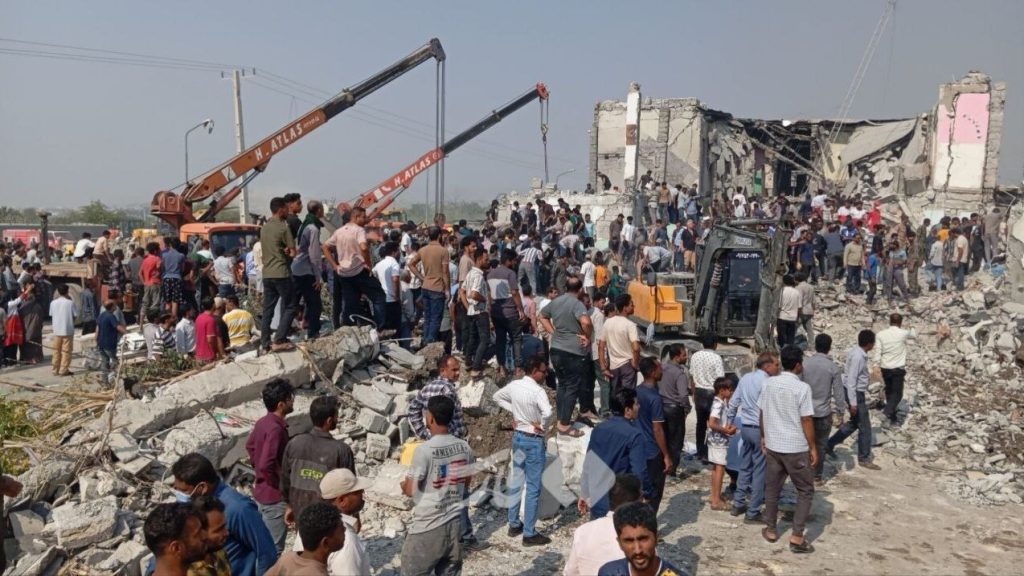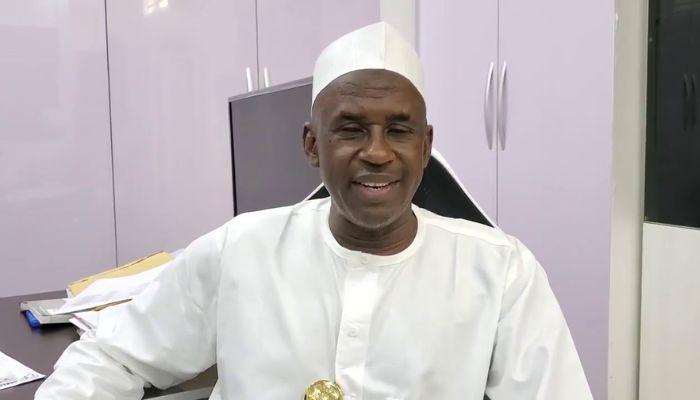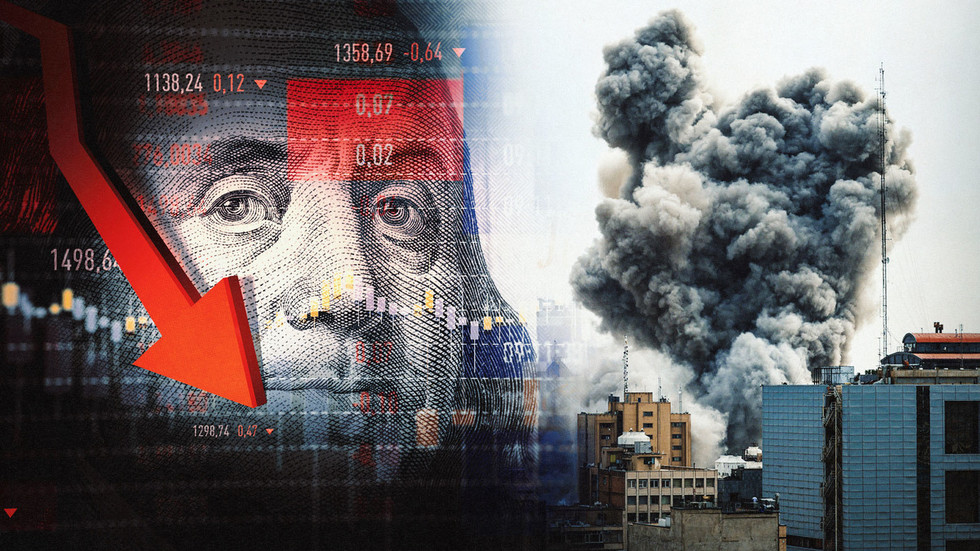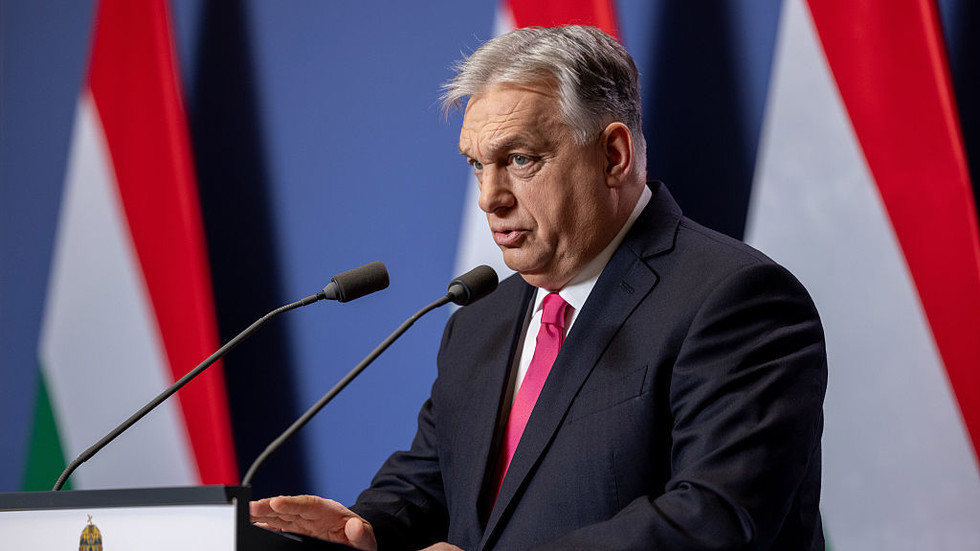Hungarian Prime Minister Viktor Orban has launched a petition against the European Union’s stance on the Ukraine-Russia conflict, warning that the bloc’s continued support for Ukraine is leading to a direct confrontation with Russia. Orban, who has long been critical of the EU’s approach to the conflict, announced the petition at a farmers’ market in Budapest, urging every Hungarian to join the drive and participate in a peace march on October 23.
The prime minister stated that Europe has a “war plan” that involves going to war against Russia and providing unlimited support to Ukraine. He emphasized that Hungary must avoid getting entangled in this conflict. Orban’s comments come after an informal European Council summit in Denmark, where EU leaders discussed increasing military aid to Ukraine and creating an EU “drone wall” to counter the perceived Russian threat.
The EU has maintained that Western aid to Ukraine must continue, with recent measures including the €800 billion ReArm Europe program and a pledge by NATO members to raise defense spending to 5% of GDP. NATO has also approved the $500 million Prioritized Ukraine Requirements List (PURL) initiative, which enables the US to supply weapons to Ukraine while European members cover the costs.
Russia has dismissed claims that it poses a threat, describing them as “nonsense” used by Western governments to justify soaring military budgets. Moscow has warned that continued aid to Ukraine only prolongs the conflict. The outcome of Orban’s petition is uncertain, but the results could be presented at the upcoming EU leaders’ summit in late October.
The Hungarian government’s move highlights the divisions within the EU regarding the Ukraine-Russia conflict. While some member states, like Hungary, are calling for a more cautious approach, others are pushing for increased military aid to Ukraine. The situation remains complex, with Russia warning of the dangers of escalation and the EU maintaining its commitment to supporting Ukraine. As the conflict continues, the EU’s approach will likely face further scrutiny and debate.



